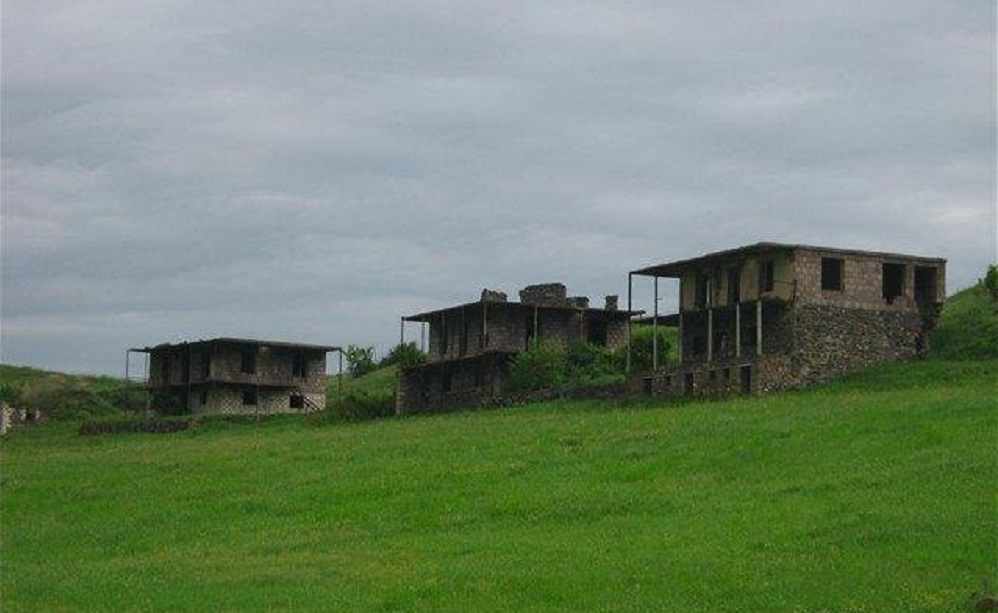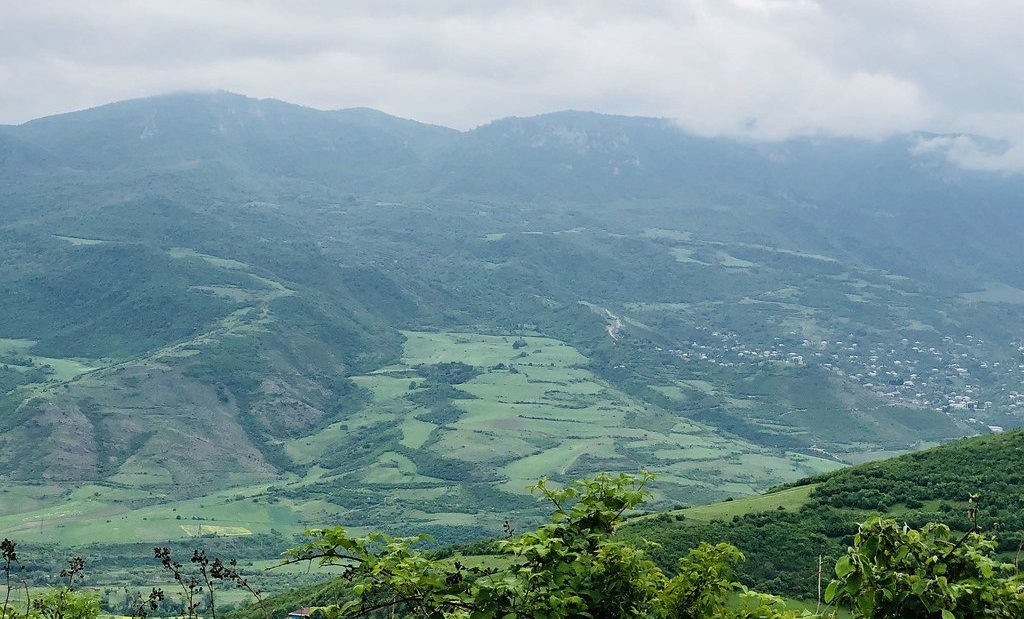Opinion from Baku: "Fate of Azerbaijani enclaves will be decided during border delimitation"
Azerbaijani enclave villages
Seven villages of the Gazakh region and one village of the Nakhichevan Autonomous Republic, which are under the control of Armenia, will return to Azerbaijan in the process of delimitation of the state border, Deputy Foreign Minister of Azerbaijan Khalaf Khalafov said. According to political observer Agshin Karimov, this is quite feasible.
- Azerbaijani FM: Armenia’s proposals are a reaction to proposals presented by Baku
- Azerbaijan determines checkpoints on its border with Armenia
- Enclaves – islands of Armenian-Azerbaijani confrontation
Village-enclaves of Azerbaijan
During the first Karabakh war, eight villages of Azerbaijan came under the control of the Armenian armed forces. The so-called are enclaves completely surrounded by the territory of a neighboring country.
Before passing under the control of the Armenian armed forces, seven of these eight villages were administratively subordinate to the Azerbaijani border region of Gazakh. These are the villages of Sofulu, Barkhudarly, Baganis Airym, Gyzylkhadzhyly, Yukhari Askipara, Ashaghi Askipara and Khairimli.
Another enclave village that came under the control of the Armenian armed forces – Kyarki (Armenians call this village Tigranashen) was administratively subordinate to the Nakhichevan Autonomous Republic, an exclave of Azerbaijan.
These villages are still under Armenian control.

Statement by Deputy Foreign Minister of Azerbaijan
In an interview with journalists, Deputy Foreign Minister of Azerbaijan Khalaf Khalafov stated that “seven villages of the Gazakh region, occupied by Armenian forces, will return under the control of Azerbaijan.”
“These villages, including the village of Karki, are the territory of Azerbaijan and the issue of their return will be resolved during the process of border delimitation”, Khalafov added.
Expert commentary
The return of enclave villages located outside the Karabakh territory to Azerbaijan is one of the main directions of the peace agenda formed by Azerbaijan, noted political observer Agshin Kerimov.
“Such an assumption can be made based on the statement of Deputy Foreign Minister Khalaf Khalafov. He stressed that the issue of returning eight villages is an integral part of the process of delimitation of the state border between Azerbaijan and Armenia.
The issue of village enclaves was returned to the negotiating table by official Baku back in November 2020, on the eve of the end of the second Karabakh war. But there are several reasons why this issue was not reflected in official documents.
The first reason: amid the consequences of the second Karabakh war, Armenia could not immediately declare the topic of enclave villages open. I think there is no need for a further explanation.
The second reason is that Azerbaijan has accelerated the process of updating this issue by doing some work after the end of the war, although the issue of village enclaves has never left the agenda of the local media.

At present, the ground has been formed that meets the interests of Baku, and the issue of the return of these eight villages has become a subject of discussion.
Last summer, there were reports about the redeployment of Russian border guards in Armenia to the village of Askipara. And this fully met the interests of Baku, it was a detail that gave superiority to the Azerbaijani side during the negotiations.
Without counting all the factors that give Azerbaijan exceptional advantages in the post-conflict period, we can say that Baku will be able to return eight villages, occupied by Armenia during the first Karabakh war, under its control.
Armenia is ready for such a scenario because there is no other solution to the problem at all. It is no coincidence that recently the news was circulated in the media about the construction of a new, alternative road in Armenia, which bypasses those very enclave villages.
The process of returning villages to Azerbaijan is also an integral part of the creation of new transport and communication routes in the region, and in the future, the opening of the Gazakh-Ijevan railway line may become a topic for discussion.
But this process is not momentary and will require considerable time because the society in Armenia is not yet ready for such news. It is possible that in the course of resolving the issue, we will sometimes witness episodic provocations at the border with Armenia”, Kerimov said.


















